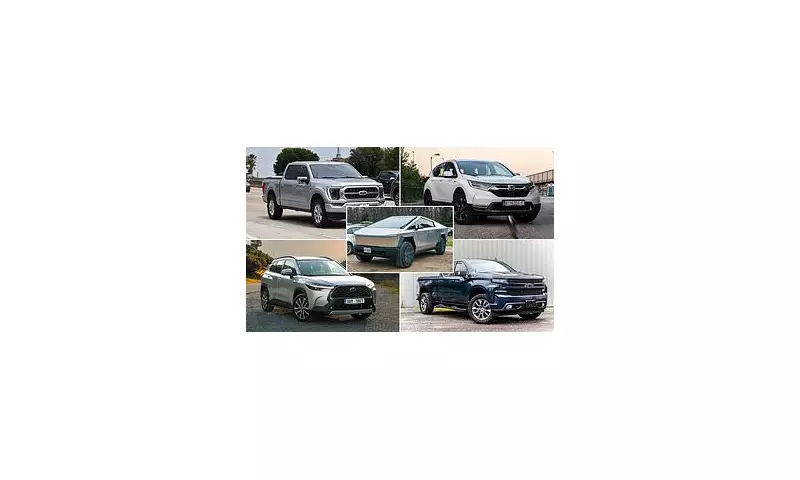
In a fascinating revelation that exposes the cultural divide on Britain's roads, exclusive data analysis has mapped the distinct automotive preferences of Conservative and Liberal voters. The findings present a clear picture of how political allegiance steers our choice of vehicle, turning the humble car into a potent political symbol.
The Liberal Garage: Eco-Conscious and Electric
The data reveals a unmistakable trend among left-leaning voters: a strong affinity for environmentally friendly and electric vehicles. Tesla emerges as the undisputed champion for liberals, with its models being significantly more popular in constituencies that voted for parties like the Greens and the Liberal Democrats.
This eco-conscious mindset extends beyond just Tesla. Other brands that found favour with liberal voters include:
- Subaru and Volvo for their longstanding safety and environmental credentials
- Fiat and Mini, popular for their compact size and urban practicality
- Hyundai and Kia, appreciated for their value and growing electric offerings
The Conservative Motorcade: Tradition and Rugged Capability
On the opposite side of the political spectrum, Conservative voters demonstrate a pronounced preference for traditional British marques and robust, capable vehicles. Land Rover stands out as the definitive conservative choice, embodying a blend of heritage, luxury, and off-road prowess that resonates strongly with right-leaning constituencies.
The conservative garage often features vehicles that project strength and tradition:
- BMW and Mercedes-Benz for their executive appeal and engineering prestige
- Skoda, valued for its practicality and reliability
- Vauxhall, maintaining its status as a British motoring staple
The Surprising Exceptions and Political Neutrality
While the data shows clear partisan lines, some brands manage to bridge the political divide. Volkswagen and Ford emerged as politically neutral, finding almost equal popularity across the ideological spectrum. Their mass-market appeal and diverse model ranges make them universal choices for British drivers, regardless of political affiliation.
The analysis also uncovered intriguing anomalies. Despite its American origins and Elon Musk's increasingly conservative-leaning public persona, Tesla maintained its strong liberal association among UK voters. Conversely, the controversial Cybertruck's potential reception remains uncertain in the British market.
What Your Car Says About Your Politics
This data provides more than just interesting trivia; it offers insights into the cultural values associated with different political tribes. The liberal preference for electric and efficient vehicles aligns with environmental concerns and technological optimism. The conservative tendency toward traditional, capable vehicles reflects values of heritage, security, and practicality.
As Britain continues to navigate its political landscape and the automotive industry accelerates toward an electric future, these preferences may evolve. However, for now, the car you drive might just be the latest indicator of your political compass.





